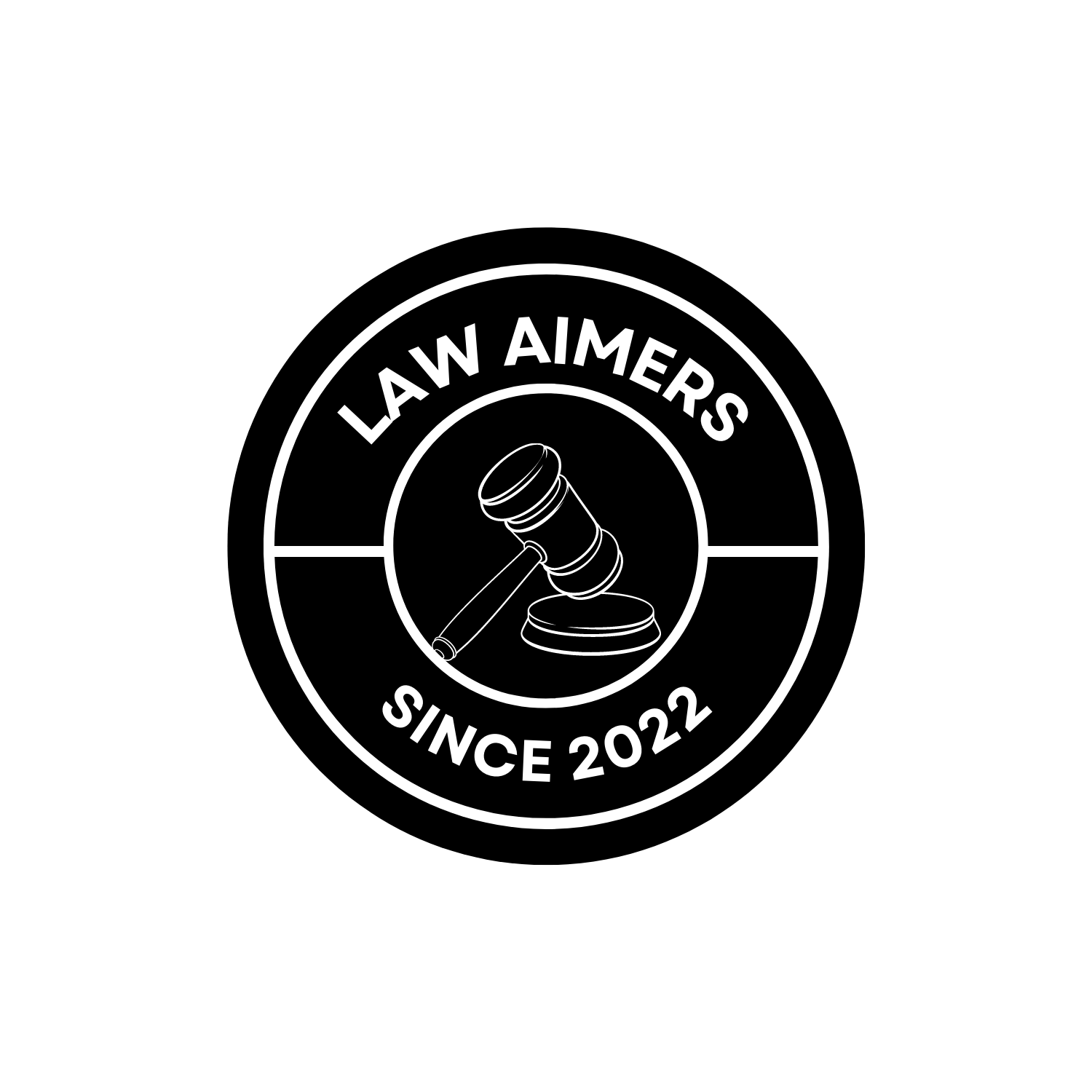Cross-examination is an important stage of the examination of witnesses under the Indian Evidence Act, 1872. It allows the opposing party or their counsel to question the witness called by the other party. The purpose of cross-examination is to test the credibility, accuracy, and reliability of the witness’s testimony.
Nature and Scope of Cross-Examination
Cross-examination is a fundamental right of the opposing party in a legal proceeding. It provides an opportunity to challenge the witness’s version of events, explore inconsistencies, expose biases, or bring out facts that may favor the cross-examiner’s case.
Leading Questions
During cross-examination, leading questions are permissible. Leading questions are those that suggest the desired answer or contain information that the questioner wants to introduce. This allows the cross-examiner to control the line of questioning and elicit specific responses from the witness.
Objectives of Cross-Examination
Cross-examination serves several objectives, including:
- Challenging the witness’s credibility: The cross-examiner can question the witness’s character, previous conduct, or biases that may impact their reliability as a witness.
- Testing the accuracy of the witness’s testimony: The cross-examiner can explore inconsistencies or contradictions between the witness’s testimony and other evidence, earlier statements, or facts of the case.
- Uncovering additional facts: Cross-examination may reveal new information or facts that were not brought out during the examination-in-chief.
- Highlighting weaknesses in the witness’s evidence: By probing the witness’s knowledge, perception, or memory, the cross-examiner can expose weaknesses or gaps in their evidence.
Restrictions and Limitations
While cross-examination allows for robust questioning, it is subject to certain restrictions:
- Relevance: The cross-examiner must confine the questions to matters relevant to the issues in the case. Irrelevant, scandalous, or vexatious questions may be disallowed by the court.
- Fairness: Cross-examination should be conducted in a fair and non-abusive manner. Personal attacks or harassment of the witness are not permitted.
- Professional ethics: Cross-examination should adhere to the principles of professional ethics, maintaining the dignity of the court and treating the witness with respect.
Re-Examination
After the cross-examination, the party who called the witness has the right to re-examine them. This allows the opportunity to clarify any ambiguities or inconsistencies raised during cross-examination and to provide additional explanations or context.





